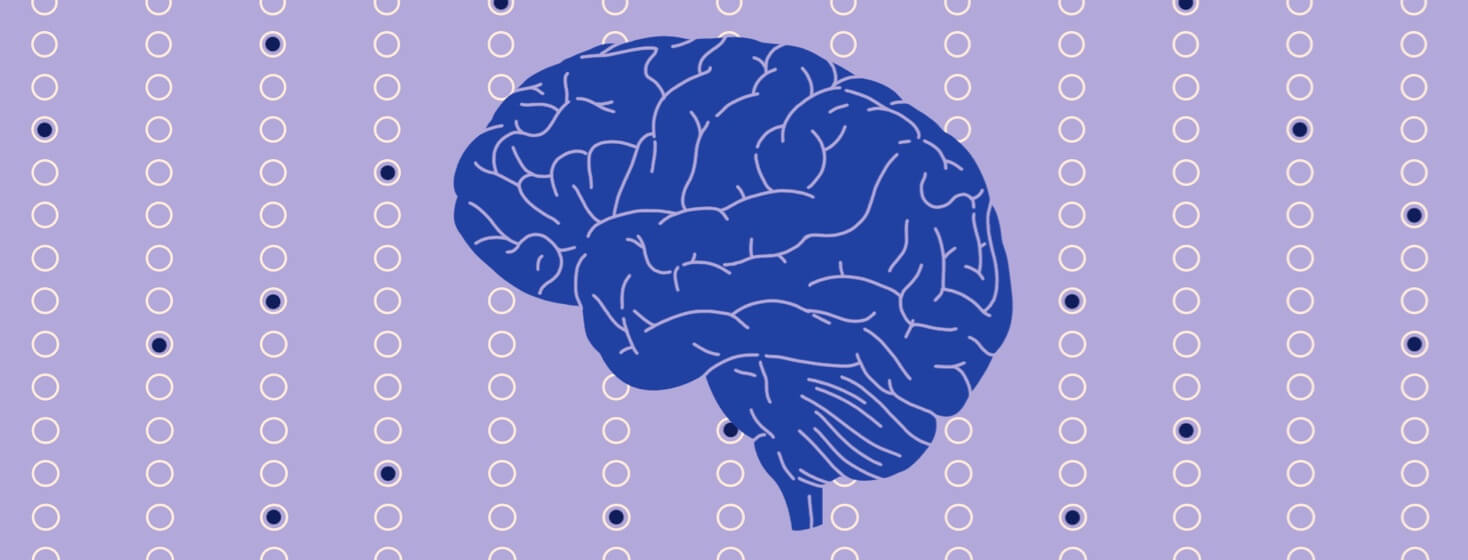Getting a Cognitive Neuropsychology Evaluation for Disability
Holly was recently kicked off her private disability plan. After a year, she won back coverage. In this series, she walks us through the various steps she took and what it was like to navigate this experience.
As part of the appeal my lawyer and I were compiling in response to losing my private disability coverage, my lawyer encouraged me to complete a cognitive neuropsychology evaluation (CNE). This evaluation can take between 3 and 7 hours, is conducted by a neuropsychologist, and can cost more than $1000 if not covered by insurance. This evaluation can be useful for those who are concerned about how migraine is impacting cognition or for those compiling an application for or appealing a rejection of disability coverage. This type of examination is frequently requested by people who are showing potential signs of dementia, memory loss, and more.
What does a CNE entail?
The examination evaluates cognitive capabilities in a myriad of ways. Visual, auditory, speech, memory, and other types of exams help gather strengths and weaknesses in cognitive impairment/function.
Have I noticed cognitive challenges?
As someone who has lived with chronic migraine for over two decades (and episodic migraine for 3 decades before that), I have noticed challenges with memory loss and brain fog. It can be hard to parse apart the cause of these symptoms. Are these challenges due to the medications I’m taking to manage migraine; are they symptoms of an active migraine attack; or, is there a deeper challenge at play either due to living with migraine for so long or another underlying condition?
Did migraine make an appearance during the evaluation?
These tests were very stressful for me as it felt like the stakes were high. On the one hand, I wouldn’t mind for the test to show something credible to help strengthen my disability case. But, on the other, it was a terrifying thought that they might find cognitive decline or impairment. The test was 4 hours long and unsurprisingly I experienced an active migraine attack while there. I held off on taking medication as I didn’t want any medication to impact the results. I experienced brain fog and nausea while there in addition to head pain.
The testing was incredibly demanding and very difficult for me. It took all I had to complete the series of tests and I was doing the absolute best I could. By the way, they have ways to measure effort vs. malingering so it’s key to apply oneself fully.
What were my results?
When I received the results weeks later, I was notified that I did indeed show deficiencies in several parts of the testing. The evaluator said it is possible that the active attack or preventative/rescue migraine medications I take regularly could’ve impacted my results. Still, it appears I have some challenges that are unusual for my age and ones that would be worth another exam in a year to measure for further decline. It was also recommended that I pursue an MRI as soon as possible.
This evaluation was but one part of the larger appeal we compiled. There were additional components of the appeal which are outlined in an upcoming article.
Have you ever had a cognitive neuropsychology evaluation? Or, are you interested in pursuing one? Please share your thoughts in the comment section below.

Join the conversation